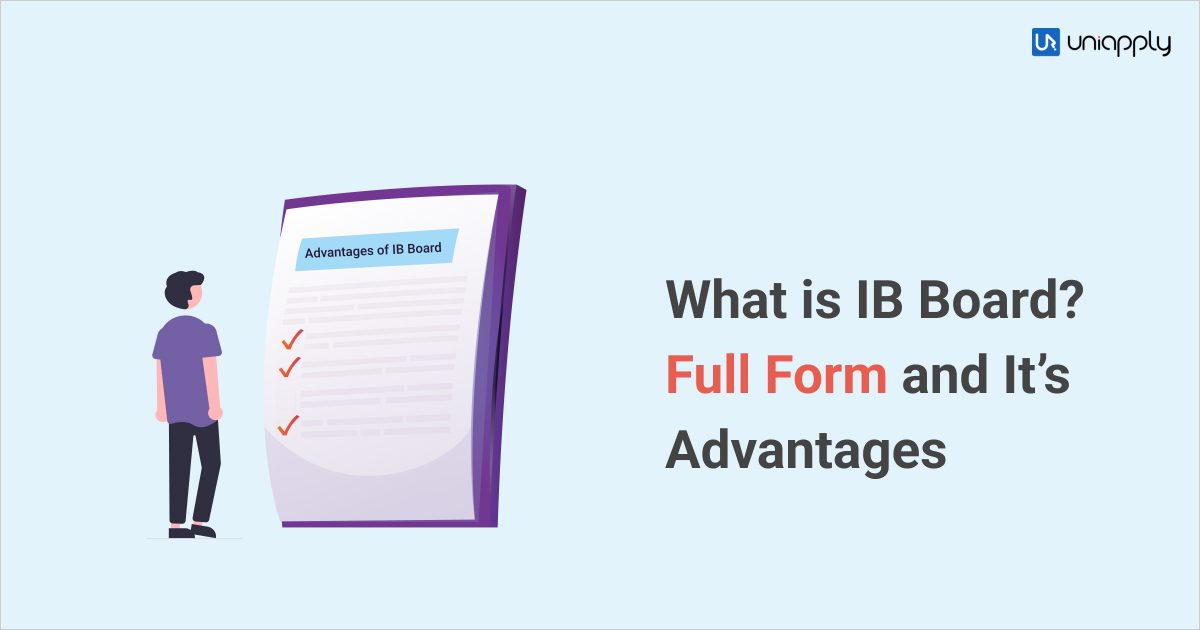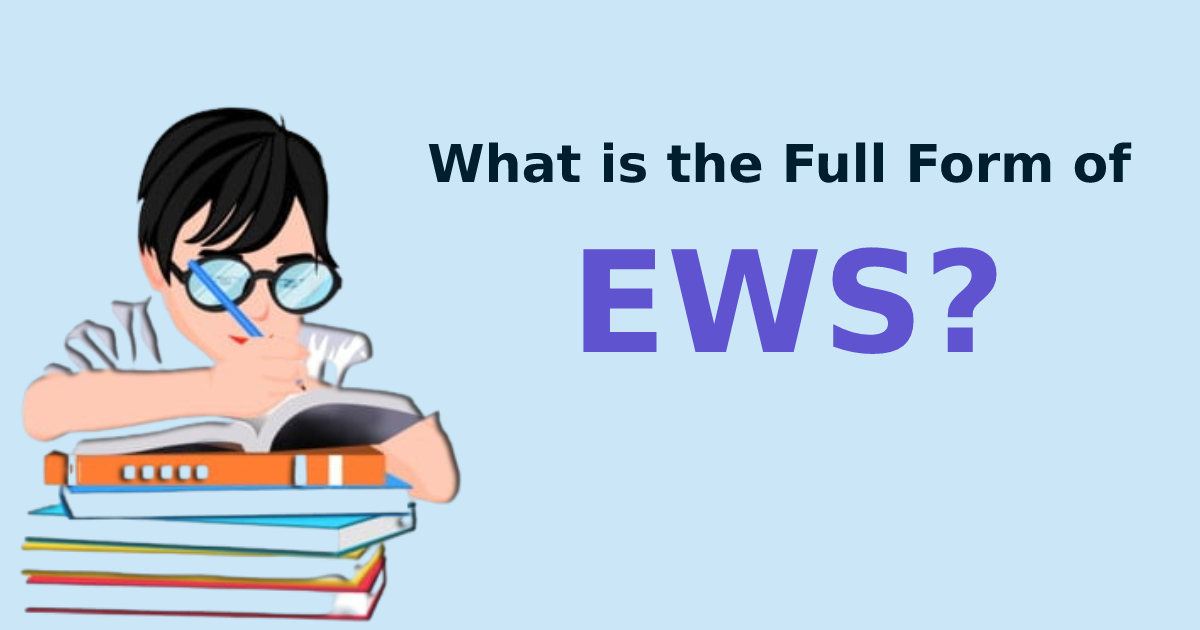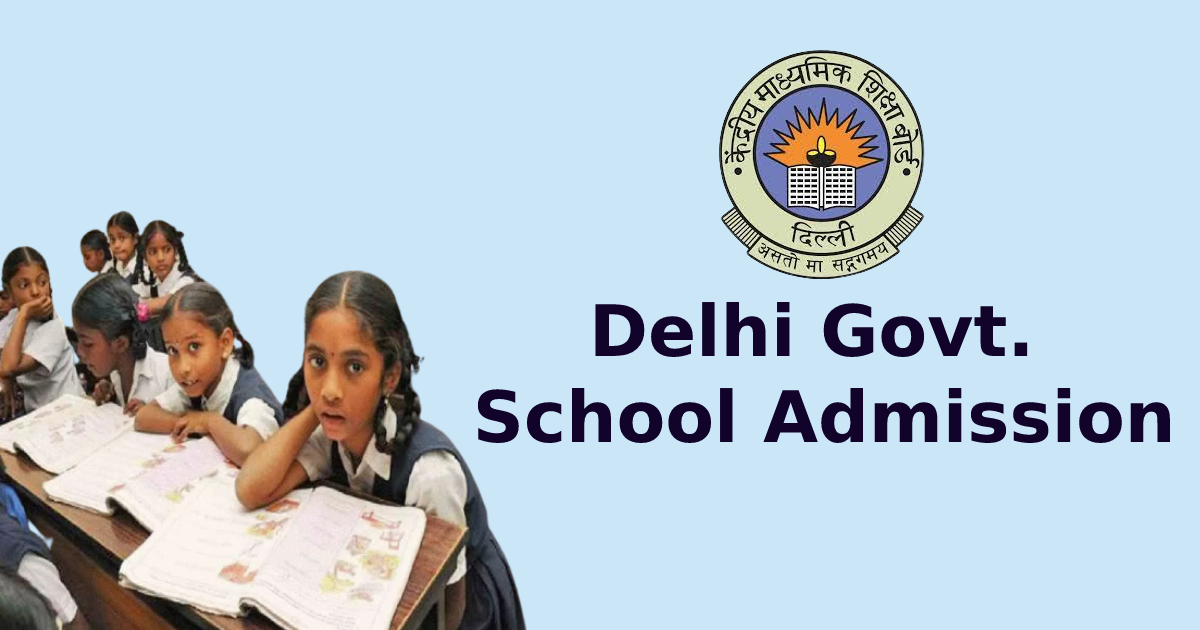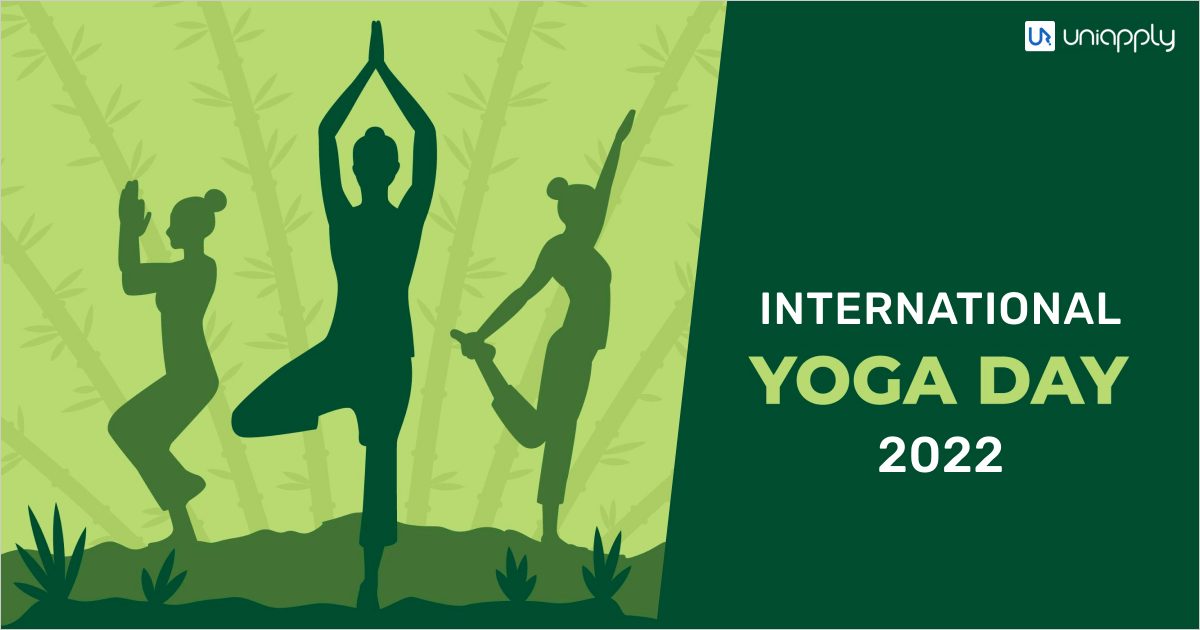What is IB board: Full form, History and Programmes of IB Board
What is the full form of IB Board?
The full form of IB board is International Baccalaureate.
| Abbreviation | IB Board |
|---|---|
| Full Form | International Baccalaureate |
| Formation | October 25, 1968 (53 years ago) |
| Headquarters | Geneva, Switzerland |
| Formerly called | International Baccalaureate Organization |
| Affiliations | 4,460 Schools Globally |
| Website | www.ibo.org |
What is IB board?
IB provides standard education worldwide and bestows its students with a practical learning experience through life. IB is governed by the elected Board of Governors, who select and appoint the Director General, set the strategy of the organization, establish the policies, oversee the financial management, and ascertain the integrity and autonomy of the student assessments. It further,
- Offers a student-centered learning approach.
- Provides a continuum education for children aged 3 to 19 years.
- Focuses on the all-round development of its students.
- Provides a robust and consistent framework for development.
- Adds a flexible environment and curriculum that is tailor-made and educates students as per their culture and context.
- Prepares them to face day-to-day challenges with an open and optimistic mind.
IB Board History
Initially, IB was known to be the International Baccalaureate Organisation. IB was founded in 1968. It is a non-profit organization headquartered in Geneva, Switzerland. IB emphasizes on its motto of ‘Truth and Knowledge’.
Marie-Thérèse Maurette in 1948 created the framework that would eventually become the IB Diploma Programme (IBDP). In the mid-1960s, a group of teachers from the International School of Geneva (Ecolint) created the International Schools Examinations Syndicate (ISES), which later become the International Baccalaureate Office (IBO), followed by the International Baccalaureate Organization (IBO) and then the International Baccalaureate (IB).
IB Board’s Mission
IB focuses on creating a better world through education that develops intercultural understanding and respect by developing inquiring, knowledgeable, and caring young minds.
IB Board’s International Presence
IB offers programmes in 159 countries and has 5,400 IB World Schools all over the world. IB offers educational programmes to over 1.95 million students across the globe currently offering 7400 programmes . The IB is globally renowned for excellence.
IB Board’s World School
Every school authorized to offer IB educational programmes is referred to as an IB World School.
What are the different programmes of IB?
The International Baccalaureate (IB) offers continuous international education through its high-quality educational programmes. It imparts knowledge via its challenging education programmes to children falling under the age of 3 years to 19 years. IB’s education system motivates the child and prepares them to think critically and across disciplines, allowing them to ask the right questions. It nourishes its students and promotes their personal development and academic achievements.
IB continuum of Programmes leverages teachers to put forward resilient and self-motivated individuals who possess the knowledge and skills required to nurture themselves for life.
IB offers the following four educational programmes for children of different ages:
- Primary Years Programme (PYP): This programme sets the onset of a lifelong journey for children aged 3-12 years. They become active participants in the process of their learning.
- Offers an inquiry-based, transdisciplinary curriculum framework that encourages conceptual understanding.
- Follows a Student-centered approach.
- Allows its students to go and learn beyond the traditional subject boundaries.
Primary Years Programme (PYP) Curriculum: The three pillars of the PYP framework are:
- The learner
- Learning and Teaching
- The learning community
- Middle Years Programme (MYP): IB’s Middle Years Programme(MYP) has been designed for students between 11-16 years of age. The challenging framework of MYB encourages students to create practical connections between their studies and the real world.
- This is a 5-year programme.
- Students after completing the MYP are ready and well-prepared to take the IB Diploma Programme(DP) and the IB’s Career Related Programme(CP).
- Students of varied interests and academic abilities can participate and take advantage, making this programme inclusive by design.
- Curriculum: The MYP curriculum comprises 8 subjects that offer a balanced education for children. It requires a minimum of 50 hours of teaching time per subject group. The option of subject group facility provided in the final two years of the programme allows the students to work based on their personal learning goals.
- Assessment: MYP e-assessment issues IB validated grades based on the course work and the exams taken. This is optional and the marks are allotted in the final year.
- Diploma Programme (DP): This programme is tailor-made for students between 16-19 years of age. It focuses on developing students who have a deeper understanding of concepts and vast knowledge. It enriches students who are physically, emotionally, ethically, and intellectually thriving.
- Curriculum: The Diploma Curriculum comprises 6 subject groups and the DP Core, which includes the theory of knowledge(TOK), activity, extended essay, creativity, and service(CAS). Through DP core, students act as per their knowledge, go through independent research, and after completing it, undertake a project often involving community service.
- Assessment: The work done by the students is assessed based on the direct evidence of achievement evaluated against the said goals of the courses.
- Career-Related Programme (CP): International Baccalaureate’s Career-Related Programme(CP) is intended for the students of age group 16-19 years. This programme is a framework of international education that addresses the goals of students who want to engage themselves in career-related education. The programme further moves on to higher education, employment, and apprenticeships.
- Curriculum: CP students have to go through at least 2 Diploma Programme(DP) courses, a career-based study, and a core that consists of four components. The DP Courses provide the theoretical basis and the detailed academic specifications of the programme, and the career-based study further encourages its academic strength and provides a practical real-world approach towards learning. The CP core develops the skills and competencies mandatory for lifelong learning.
- Assessment: Examinations are scheduled at the end of the DP courses, which are evaluated by the external IB examiners, while the components of CP core are marked by the schools.
The programmes offered by the International Baccalaureate have been providing a robust framework for education for the past 50 years.
IB Schools in India
There are multiple schools that offer IB Courses in India. There exist more than 184 IB World Schools in India, and 146 of them teach the IB Diploma. Some of them are:
- Apeejay School International, Panchsheel Park
- K.R. Mangalam Global School (KRMGS), Greater Kailash 1
- PATHWAYS Early Years School, Greater Kailash
- K.R. Mangalam Global School (KRMGS), Gurugram
- G.D. Goenka World School, Sohna-Gurgaon Road, Sohna
Also Read:






